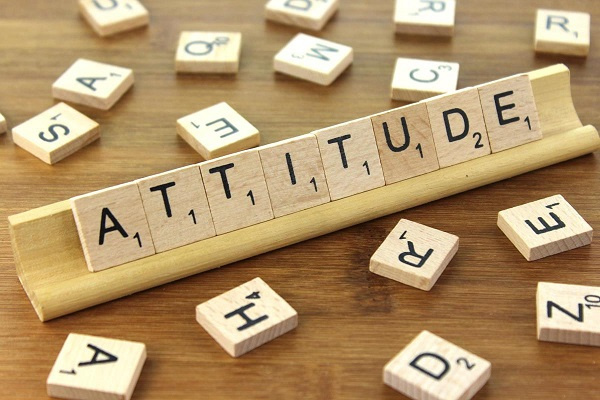“The elephant’s tusks come from its stomach.” – Akan proverb
One would have thought that with all the knowledge in circulation in our age, our humanity would be more united than ever before. Sadly, the opposite is true. A recent United Nations global survey reveals a world of unprecedented division, polarisation and discord. The exercise, undertaken to mark the organisation’s seventy-fifth anniversary, surveyed more than a million people in all countries about their hopes, fears, and expectations for the future. This is a picture of a generally fragmented world.
Why is there so much division when there is so much knowledge to fulfil our hopes, end our fears, and satisfy our expectations for the future? We have been singing the chorus of an increasingly interconnected world, yet we are facing unprecedented levels of disconnectedness. All around us, the ‘us versus them’ rhetoric has become the new genre in music. From politics to religion – to even the way we educate ourselves, we are increasingly seeing a rise in prejudiced tendencies that are fragmenting our communities and nations. And it is because we are relying more and more on answers instead of questions. We trust a lot more in answers, which almost always excludes a segment of our communities.
Interestingly, instead of being concerned about the deep divide in our communities and societies, quite a significant number among us are shrinking their civic duties. We are refusing to question the basis of the easy answers that are being sold to us. The challenge with answers is they do not give us holistic understanding of the dynamics in our human interactions and reconstruction, and thus prevent us from actually empathising. What do we really mean when we answer that 70% percent of the population are Christians? It is an answer that makes us lose sight of the complexities of how even the individuals within that segment understand what they are professing.
When we cross over to our politics as the example, almost every society has been sold the ‘Right’ and the ‘Left’ as answers to the way people should be governed. Yet the democracy they each purport to offer teaches us that it is our questioning which keep the process alive and just. This is because our questioning teaches us what it means to have the courage to understand what is right, when everyone’s way is right. It grants us the integrity to heal hurts and divisions in order to mould our wholeness as we strive to make the impossible possible.
Questioning is a desire to learn and understand, and it should be nurtured and praised. Answers, on the other hand, are ready-made solutions to end our curiosity. But life is complicated and no one answer solves any challenge – and asking questions is an effective way of gaining knowledge and insight. So, it is better we revel in curiosity and encourage it; viewing it as a positive part of our growth, even when it does at times become a bit aggravating.
The constant questioning of toddlers should make us understand the value that the natural order of things places on the process of authentic questioning. And if you accept that more often than not the answers we give them are usually half-baked truths to shut them up, then you will appreciate how dangerous is our quest for answers – as they bring about division and polarisation in the world.
We are living in an age when we are constantly being pummelled with answers. In fact, everyone seems to have answers – so much so that oratory and salesmanship have become the most sought after skills in our day. But what we really need is a spirit of honest inquiry, curiosity, and self-reflection. We need that to commence bridging our divisions and healing our rifts. Our humanity needs you to think about that one question you having been asking yourself about you. Nothing more and nothing less than one real question. And it needs you to bring this to the table. The object is to help you to answer your own questions, so that you can appreciate life a lot better instead of swallowing “line, hook and sinker” the answers being peddled around.
We know from experience that questions get people to open up. Plus, it has been scientifically proven in all fields of study that we learn a lot more about life by asking questions rather than having answers. Let us therefore learn to ask questions, for they act as stimulants to our intellect – making us analyse views, deduce lessons, connect ideas, compare facts and consider options in ways which enable and empower us to improve and innovate. As Hilary Rodham in her 1969 commencement speech stated: “We are, all of us, exploring a world that none of us even understands, and attempting to create within that uncertainty”.
__________________________________________________________________
Kodwo Brumpon is a management consultant and a life coach who inspires individuals, groups and corporate bodies to think and feel that which is true, and helps them to positively respond to that which is beautiful while nudging them to let goodness govern their actions. Comments, suggestions and requests should be sent to him at [email protected]










